[dropcap]S[/dropcap]ocio-Economic Rights and Accountability Project (SERAP) has sent an open letter to President Muhammadu Buhari requesting him to “use your good offices and leadership position to instruct the military authorities to immediately end any monitoring of activities of Nigerians on the social media, and to ensure that military operations comply with Nigerian Constitution 1999 (as amended) and the country’s obligations under international human rights law.”
In the letter dated 25 August 2017 and signed by SERAP deputy director Timothy Adewale the organization expressed “serious concern that any monitoring of Nigerians on social media by the military authorities would directly violate the constitutionally and internationally guaranteed rights to freedom of expression and privacy online. Instructing the military to end any such monitoring would help your government to defend and keep to its oft-repeated commitment to human rights, transparency and accountability.”
The organization said that, “Monitoring of the social media by the military is neither necessary nor proportionate, and could portray your government as working to control the political and social media space. Classifying legitimate exercise of freedom of expression as ‘hate speech’ is counter-productive, In exercise of their rights to freedom of expression and privacy, Nigerians should be allowed to speak truth to power and stand up for their rights.”
According to the organization, “Monitoring Nigerians on social media would criminalize their freedom and the activity of journalists that are critical of the government and censor the media from reporting on sensitive and critical information that is relevant to the public interest but controversial to the government. It would have a chilling effect on media activities in Nigeria, and pose a serious threat to the ability of Nigerians to meaningfully participate in their own government.”
The organization’s letter followed reported statement by the Director of Defence Information, Major-General John Enenche that the activities of Nigerians on the social media are now being monitored for hate speech, anti-government and anti-security information by the military. He justified this move on the alleged grounds of “troubling activities and misinformation capable of jeopardizing the unity of the country.”
The letter read in part: “To monitor Nigerians’ access to social media solely on the basis that it may be used to express views critical of the government or the political social system espoused by the government is entirely incompatible and inconsistent with constitutional guarantees and Nigeria’s international human rights obligations and commitments.”
“SERAP notes that protecting critical expression on the Internet is the standard by which governments are now held to be considered genuinely democratic. Nigerians should therefore be allowed to discuss government policies and engage in political debate; report on corruption in government; and exercise their right to expression of opinion and dissent.”
“While we recognize the obligation to protect against hate speech that constitutes incitement to hostility, discrimination or violence, this should not be used as a pretext to clampdown on legitimate exercise of the right to freedom of expression that does not constitute incitement to discrimination, hostility or violence. Blanket clarification of expression that falls short of expression that constitutes incitement to violence, hatred or discrimination under international law can only limit media freedom and chill discourse deemed controversial or critical of your government.”
“SERAP notes that sections 37 and 39 of the Nigerian Constitution guarantee the rights to privacy and freedom of expression. Similarly, article 19 of the International Covenant on Civil and Political Rights to which Nigeria is a state party protects Nigerians’ right to maintain an opinion without interference and to seek, receive and impart information and ideas of all kinds, regardless of frontiers. Under article 19(3) of the Covenant, restrictions on the right to freedom of expression must be “provided by law”, and necessary for “the rights or reputations of others” or “for the protection of national security or of public order (ordre public), or of public health and morals”. Permissible restrictions on the internet are the same as those offline.”
“Further, article 17(1) of the Covenant provides for the rights of Nigerians to be protected, inter alia, against unlawful or arbitrary interference with their privacy and correspondence, and provides that everyone has the right to the protection of the law against such interference. “Unlawful” means that no interference may take place except in cases envisaged by the law which in itself must comply with provisions, aims and objectives of the Covenant. SERAP believes that articles 17 and 19 of the Covenant are closely connected, as the right to privacy is an essential requirement for the realization of the right to freedom of expression.”
“SERAP notes the Human Rights Council resolution 20/8 on the promotion, protection and enjoyment of human rights on the Internet adopted on 5 July 2012, which affirms that the same rights that people have offline must also be protected online, in particular freedom of expression, which is applicable regardless of frontiers and through any media of one’s choice. It further called upon all States to promote and facilitate access to the Internet and international cooperation aimed at the development of media and information and communications facilities in all countries.”
SERAP therefore urged President Buhari to defend and keep to his oft-repeated commitment to human rights, transparency and accountability by
1. Immediately instructing the military authorities to end any monitoring of Nigerians on social media, and to ensure that military operations fully comply with the country’s constitution 1999 (as amended) and the obligations of Nigeria under international human rights law;
2. Developing proactive and holistic policies that ensure that technology is used to increase both freedom and security of Nigerians and ensure that everyone benefits from digital technology and not criminalized and penalised for using it;
3. Focusing on promoting an open, transparent and democratic dialogue, and protecting those at risk of being attacked for their opinions instead of monitoring or clamping down on freedom of expression and privacy online;
4. Promoting, encouraging and facilitating access to the Internet, in particular social media, and other information and communication technology, as basic tools for Nigerians to express themselves and participate in their own government











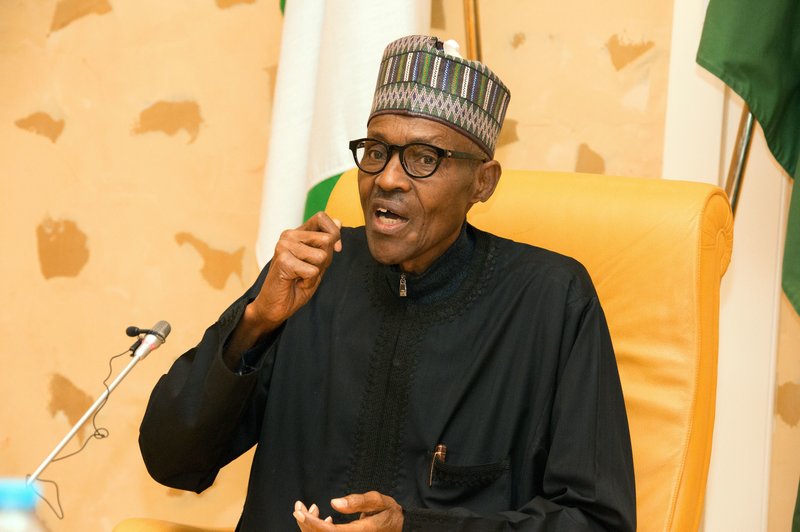

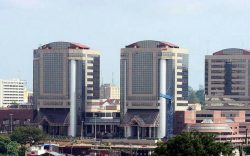
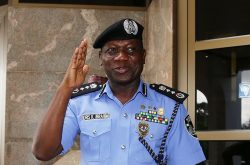




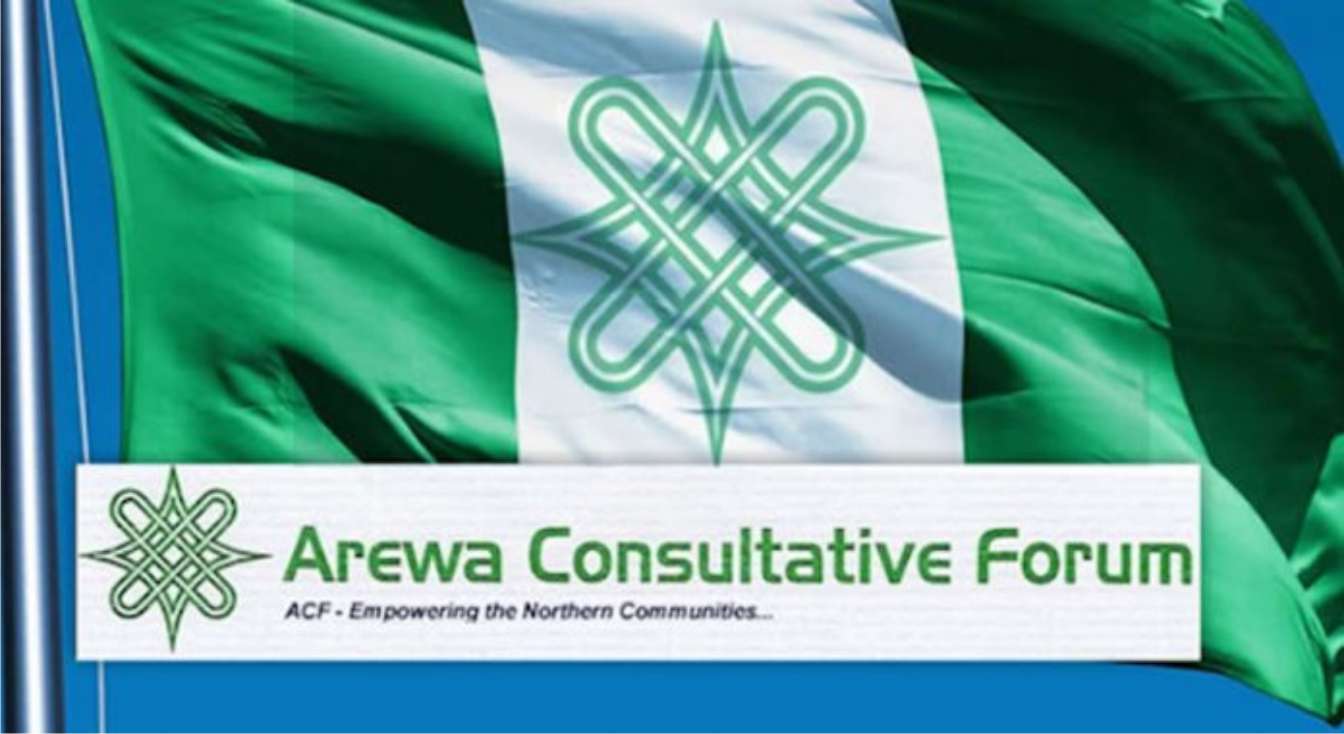
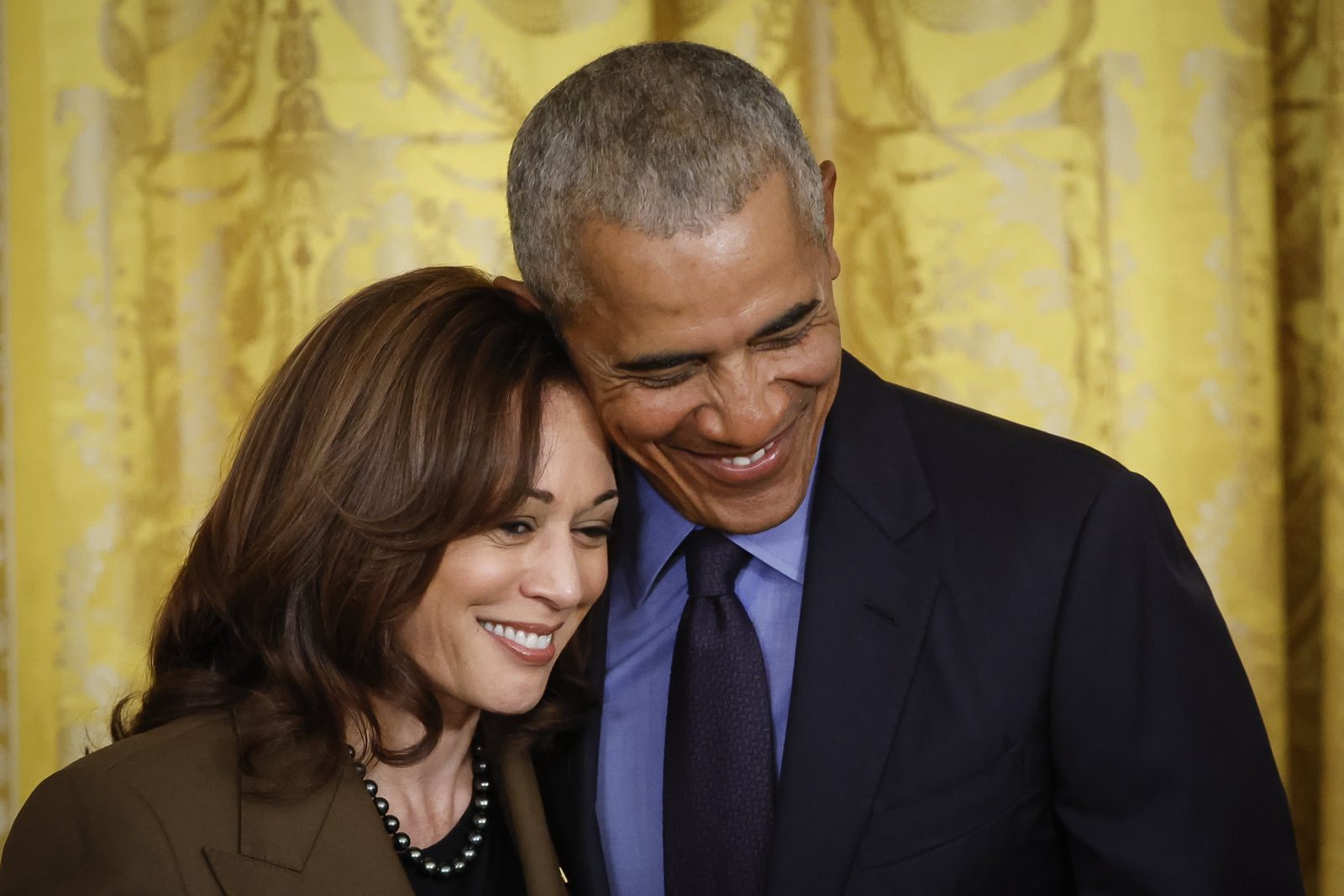


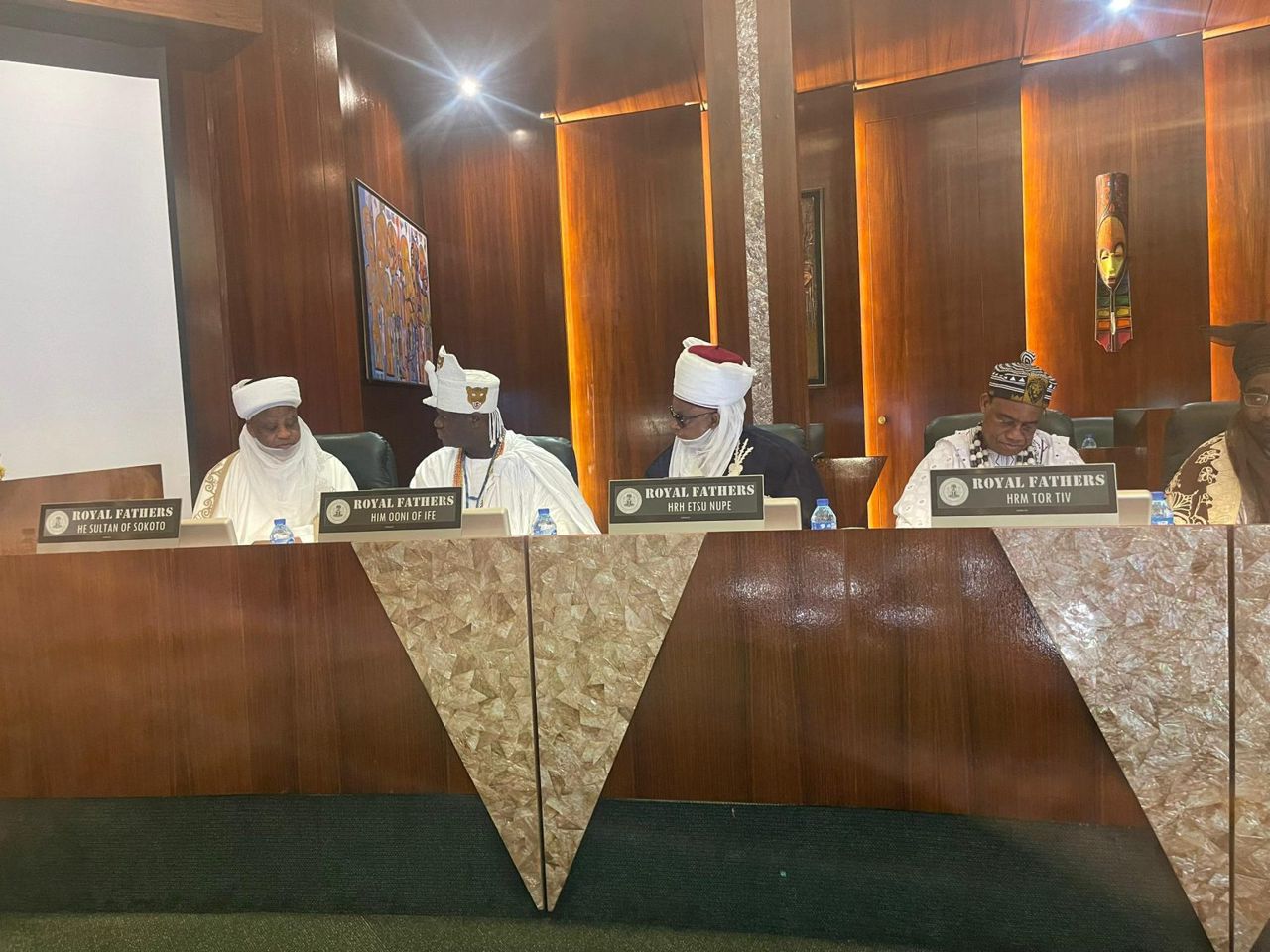



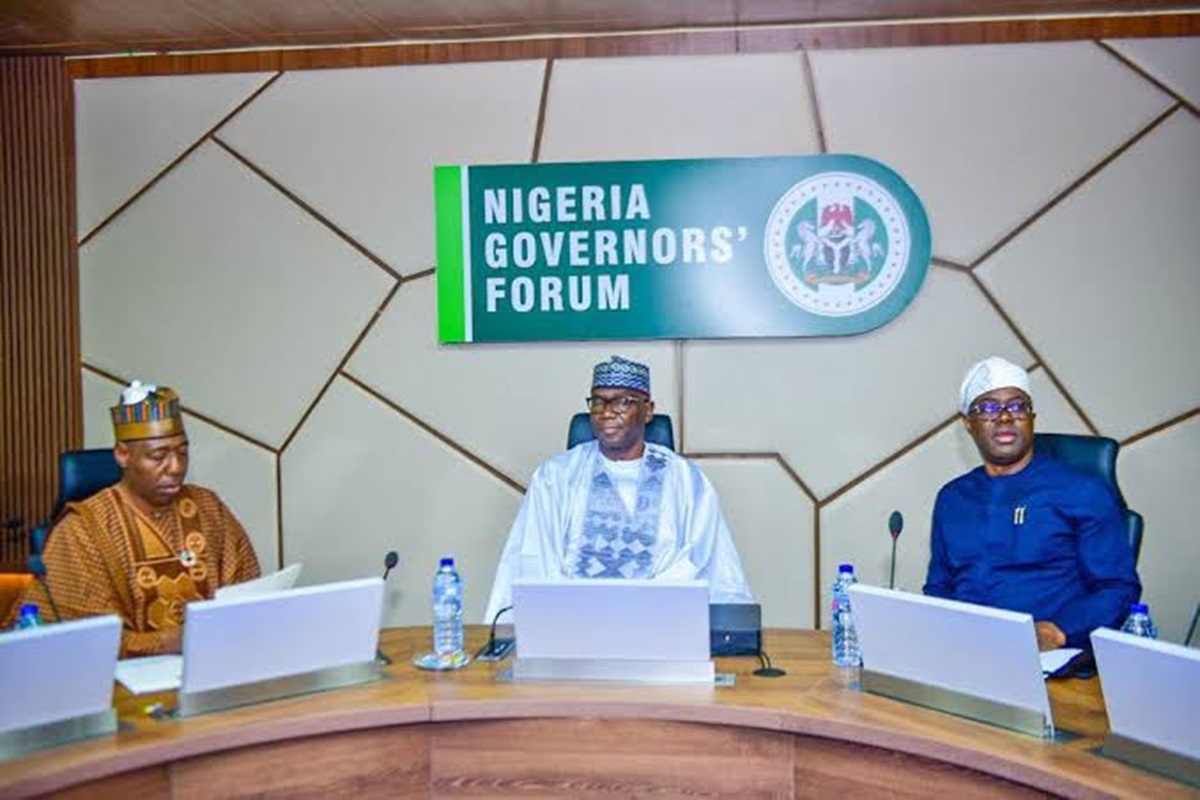
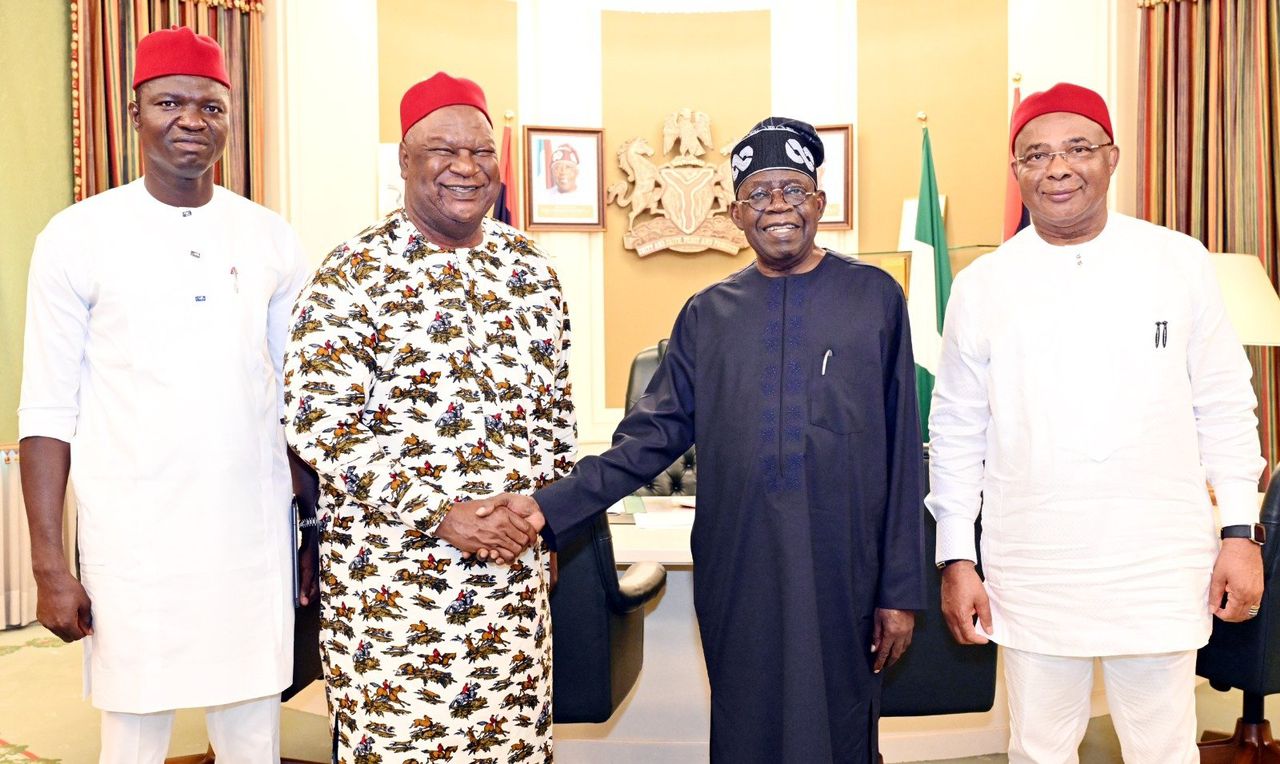

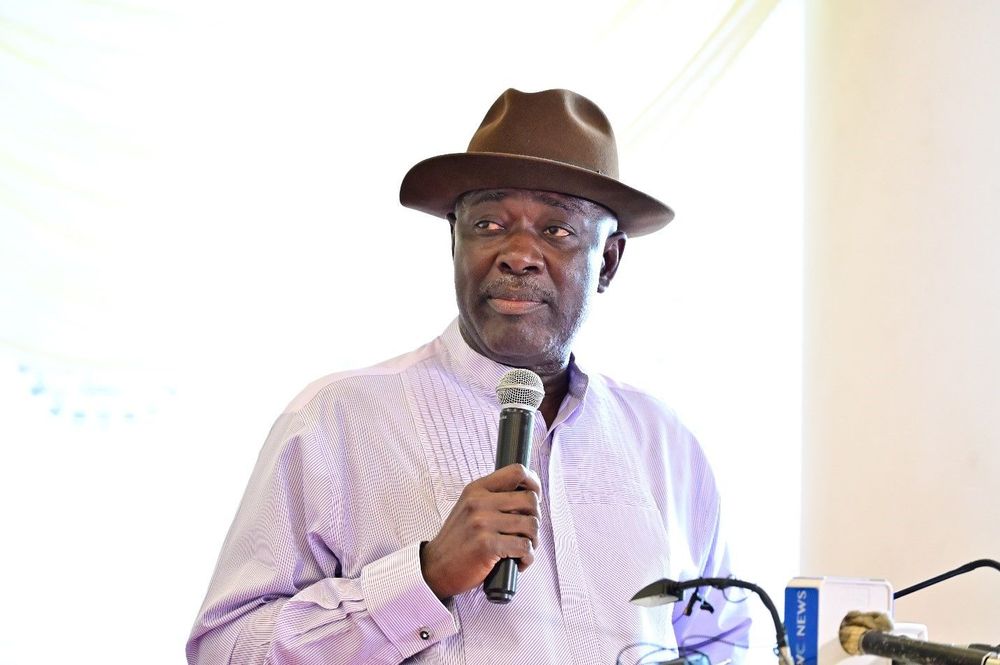


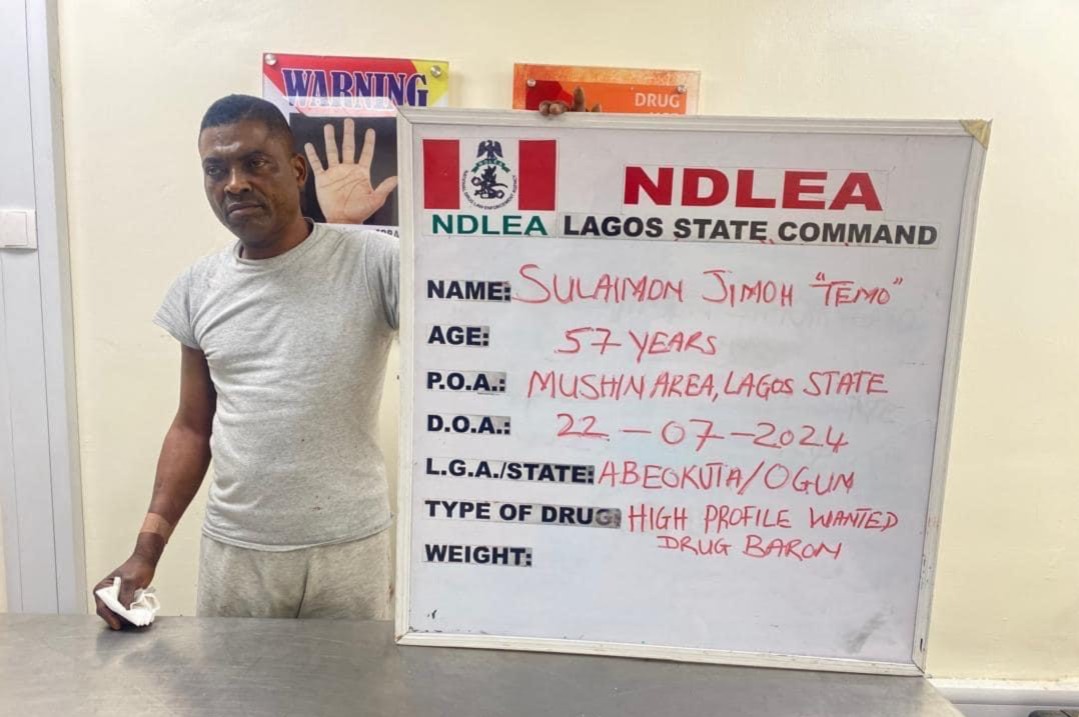

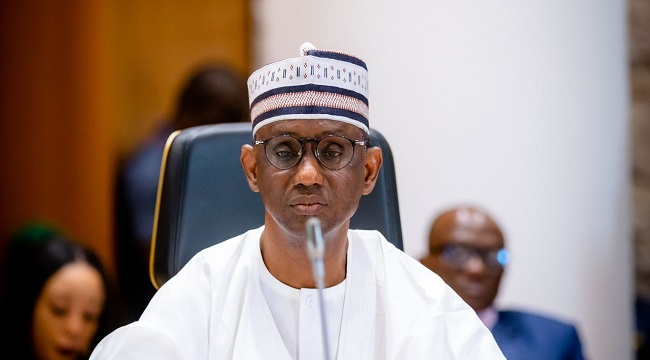
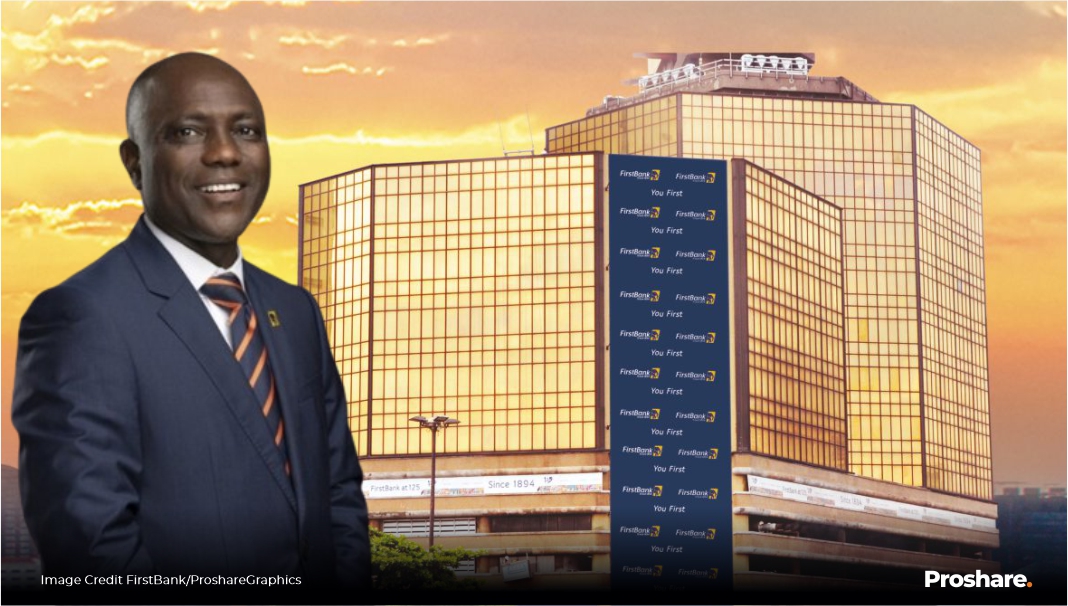
Leave a comment